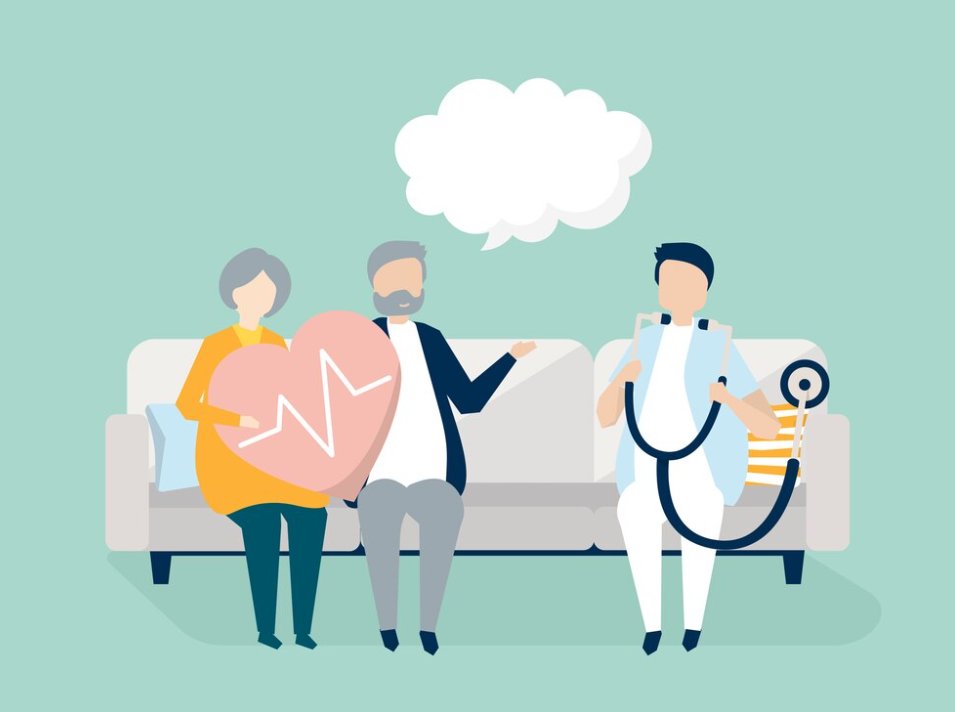
Understanding Potential Complications of Irritable Bowel Syndrome (IBS) and When to Seek Medical Help
Irritable Bowel Syndrome (IBS) can bring discomfort, but sometimes it can lead to more serious complications. It’s important to know when to seek medical help. Let’s explore potential complications and when it’s time to see a doctor.
1. Malnutrition:
- Severe IBS symptoms like chronic diarrhea or severe abdominal pain can lead to malnutrition if nutrient absorption is affected. Watch for signs like rapid weight loss, weakness, or fatigue.
2. Dehydration:
- Diarrhea associated with IBS can cause dehydration, especially if it’s persistent. Symptoms include extreme thirst, dark-colored urine, dizziness, and dry mouth.
3. Anxiety and Depression:
- Living with IBS can take a toll on mental health, leading to anxiety and depression. If you’re feeling overwhelmed, hopeless, or having trouble coping, seek help from a healthcare professional.
4. Hemorrhoids:
- Straining during bowel movements, a common symptom of IBS, can lead to hemorrhoids. If you notice blood in your stool, pain during bowel movements, or swelling around your anus, consult your doctor.
5. Inflammatory Bowel Disease (IBD):
- While IBS and inflammatory bowel disease (IBD) are different conditions, some symptoms can overlap. If you experience persistent diarrhea, rectal bleeding, severe abdominal pain, or unexplained weight loss, see a doctor for evaluation.
Inflammatory Bowel Disease (IBD) is a group of chronic inflammatory conditions affecting the gastrointestinal tract. The two main types of IBD are Crohn’s disease and ulcerative colitis. Here’s more information about each:
- Crohn’s Disease:
- Crohn’s disease can affect any part of the digestive tract, from the mouth to the anus, but it most commonly occurs in the small intestine and the beginning of the colon. It causes inflammation that extends deep into the layers of the intestinal wall.
- Symptoms of Crohn’s disease may include abdominal pain, diarrhea, fatigue, weight loss, and fever. Some individuals may also experience complications such as strictures (narrowing of the intestines), fistulas (abnormal connections between organs), or abscesses.
- The exact cause of Crohn’s disease is unknown, but it is believed to involve a combination of genetic, environmental, and immune system factors. There is currently no cure for Crohn’s disease, but treatment aims to reduce inflammation, control symptoms, and improve quality of life.
- Ulcerative Colitis:
- Ulcerative colitis primarily affects the colon and rectum, causing inflammation and ulcers (sores) to develop on the inner lining of the colon. The inflammation typically begins in the rectum and may extend continuously into the colon.
- Symptoms of ulcerative colitis may include abdominal pain, bloody diarrhea, urgency to have bowel movements, fatigue, and unintended weight loss. Complications of ulcerative colitis may include severe bleeding, perforation of the colon, or an increased risk of colon cancer.
- The exact cause of ulcerative colitis is unknown, but it is thought to involve a combination of genetic, environmental, and immune system factors. Treatment for ulcerative colitis aims to reduce inflammation, control symptoms, and induce and maintain remission.
When to Seek Medical Help:
- If you experience severe or worsening symptoms of IBS, such as persistent abdominal pain, blood in your stool, unexplained weight loss, or difficulty swallowing, it’s important to seek medical attention promptly.
Remember, your doctor is there to help you manage your symptoms and prevent potential complications. Don’t hesitate to reach out if you have concerns about your IBS symptoms.
To seek medical advice, always consult a Doctor. Here are our recommended experts. Click Here
To read more on IBS. Click Here


